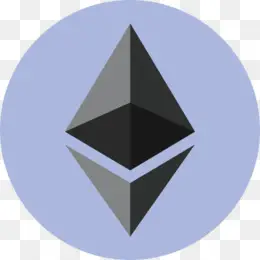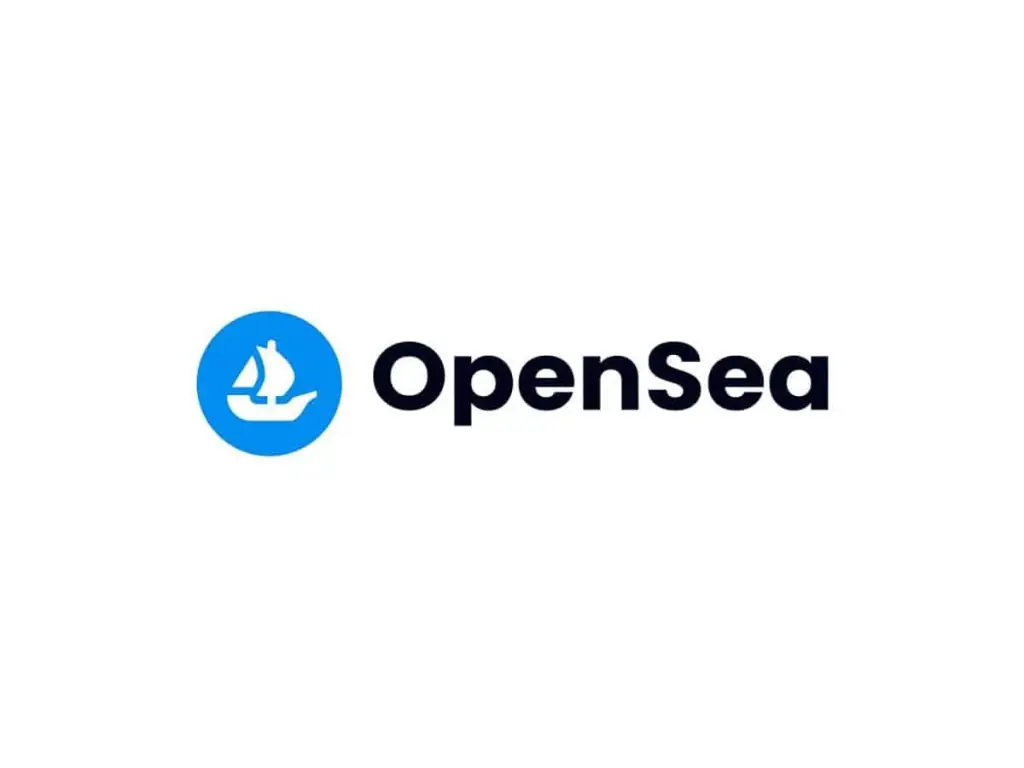OpenSea, the world’s largest NFT marketplace, has replaced the Wyvern protocol with the new and more efficient Seaport protocol. The company has stated that the new smart contract will allow users to save roughly 35% on gas fees. This translates to some $460 million in total annual fees.
Seaport is a decentralized, open-source protocol. It has been audited by Web3 security companies Trail of Bits and OpenZeppelin. Moreover, OpenSea itself organized a two-week code audit report contest prior to Seaport’s launch. All users who found issues in the code were encouraged to report their findings. There was a prize pool of up to 1 million USDC (Circle’s stablecoin).
In February, attackers leveraged the old Wyvern protocol in an off-platform phishing scam. They managed to extract $1.7 million from traders.
Seaport allows users to list multiple NFTs for sale simultaneously, while only having to pay one gas fee for the entire batch of listed NFTs. In the future, NFT holders on OpenSea will also be able to add more than one payout address for royalties and sales.
After June 21, users will no longer be able to add listings and offers to the Wyvern protocol. And by July 13, OpenSea will stop fetching Wyvern contract data, thus making the listings created on Wyvern no longer visible on the OpenSea marketplace.
Crypto Ping Pong Digest
Trash style news. You will definitely like














